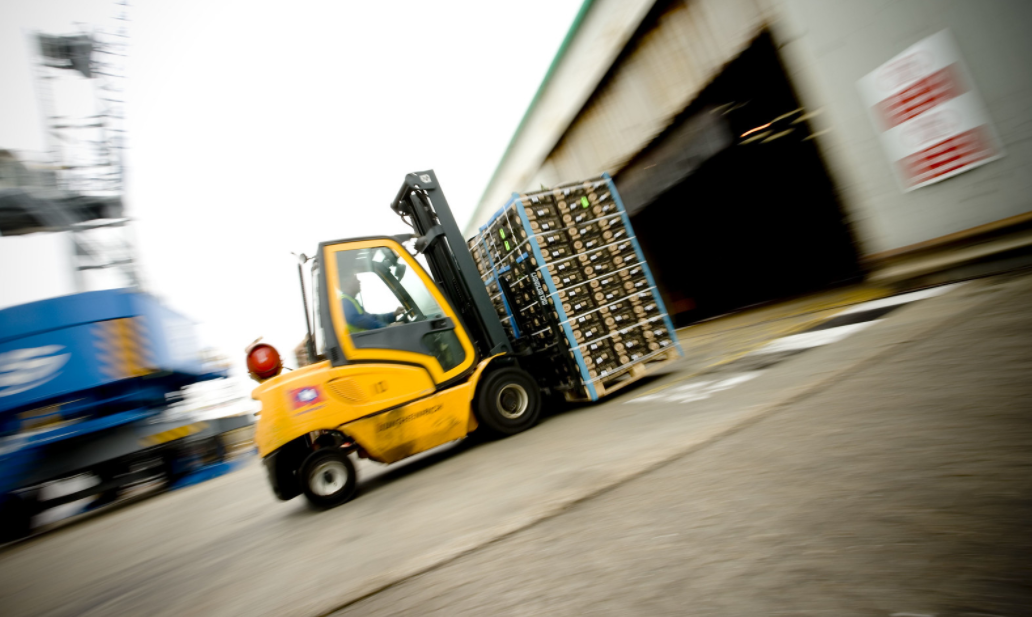Food and beverages remain the most commonly stolen commodities, according to the British Standards Institution’s latest annual Supply Chain Risk Insights Report. Thefts from hijacking have fallen as a proportion of cargo theft from 24.4% to 17.0%. These are now second to theft from facilities, which now account for more than a quarter of total thefts.
Published today, the report shows that the proportion of automotive and fuel thefts is also rising, whereas the proportion of electronics, agriculture and construction theft has fallen.
Another of the report’s key findings is that unprecedented price inflation has “awakened governments to the importance of global supply chains to national interests”, leading to the launch of new legislation such as the CHIPS Act and the Bipartisan Infrastructure Law in the US, and increased GPDR regulations across the EU, the combination of which is placing greater accountability on suppliers and purchasers.
Monitoring rapidly changing regulatory agendas is highlighted as one business imperative that decision-makers need to be aware of if organisations are to succeed in the face of the ongoing global disruptions.
Susan Taylor Martin, chief executive of the BSI, said: “2022 saw volatility in global supply chains that many would never have expected in their lifetime.
“Successive crises, including a global pandemic followed by a war in Europe, have resulted in continued uncertainty on many fronts and have demonstrated to governments the benefit of ensuring a robust global supply chain.
“Given the turbulence of the last twelve months, 2023 will be an important watershed for many organisations – with those that successfully manage their supply chain risks being more likely to thrive.”
Key imperatives for future growth (Source: Supply Chain Risks Insight Report BSI)
BSI's report identifies five additional imperatives that organisations will need to address to enable future growth and provide financial sustainability:
• Leadership: Supply chain continuity requires investment from the top down and what organisations really need right now is strong buy-in from top level leadership
• Digital: Organisations need to urgently address their digital risk, with 73% significantly concerned about the risks posed by the digitisation of supply chains, but not one organisation having resolved the risk
• Self-knowledge: Organisations need to invest in tools and technology which help them form a comprehensive understanding of their supply chain environment, such as data analysis, IoT, cloud computing, information security and predictive analysis
• A tailored approach: An awareness of the different, unique challenges facing each sector’s supply chain is key
• New technologies: Data, the metaverse, and cyber security are segments of technology that will differentiate organisations’ approaches to building strong supply chains
Image courtesy Port of Dover
Printed Copy:
Would you also like to receive CIR Magazine in print?
Data Use:
We will also send you our free daily email newsletters and other relevant communications, which you can opt out of at any time. Thank you.











YOU MIGHT ALSO LIKE